
If you have ever spent hours scrubbing, rearranging, and restyling a space not because it was dirty, but because it didn't look clean enough, you might be dealing with 'cleaning dysmorphia.'
Rooted in social media's obsession with hyper-curated homes and organizing content, this constant state of comparison blurs the line between genuine tidiness and performative perfection. The result? A never ending to-do list, and a persistent 'not-good-enough' feeling.
Here's how the experts reclaim both time and peace of mind, with cleaning tips that serve you and your home, not an invisible social audience.
What is Cleaning Dysmorphia?
'Dysmorphia' is, first and foremost, a medical term used for mental conditions characterized by extreme preoccupation with self-perceived defects, usually in relation to the body.
However, as Lalo Rivera, licensed professional counselor and founder of The Listening Body Counseling Services, explains, it is just as possible for a person to also experience 'preoccupation in other areas of their life, such as the cleanliness or perceived cleanliness of their home.' It goes beyond simply cleaning when feeling overwhelmed; it is a constant pressure to make your home look better.
It can manifest in several ways, Lalo continues, including 'spending an excessive amount of time thinking about the physical state of one's home, as well as constantly attempting to organize and clean what most would say is already an objectively clean space.'
Tidying anxiety or cleaning dysmorphia (not an official diagnostic term) can result from several triggers. The most common being 'upward comparison', suggests Catherine Schuler, a clinical psychologist specializing in OCD and anxiety at the Center for Anxiety & Behavior Therapy.
'Comparing ourselves to those we see as "above" us (as many of us view those on social media to be), a behavior that can sometimes be motivating but can also result in negative self-appraisal when done excessively,' Catherine says. 'The idea of this upward comparison leading to the point of "cleaning dysmorphia" sounds to me like it could very well be part of an overall picture of Generalized Anxiety Disorder, OCD, or even potentially Social Anxiety Disorder.' These are disorders that need to be officially diagnosed by a professional.
This distorted view of the cleanliness of our homes can also result from extreme housekeeping perfectionism with roots in past experience. Lalo shares that, 'Reflecting on what associations the person has with the idea of having a dirty, messy, cluttered, or disorganized space might reveal distressing memories of growing up in a family where chaos reigned.
'Alternatively, many of us who struggle with perfectionism grew up in environments where expectations were high and criticism was the primary love language from our caretakers. Feeling not enough is the norm. As a result, we may constantly be comparing ourselves to others and finding ourselves coming up short, whether that be in our successes, achievements, physical appearance, or even the appearance of our homes.'
Dealing with Cleaning Dysmorphia
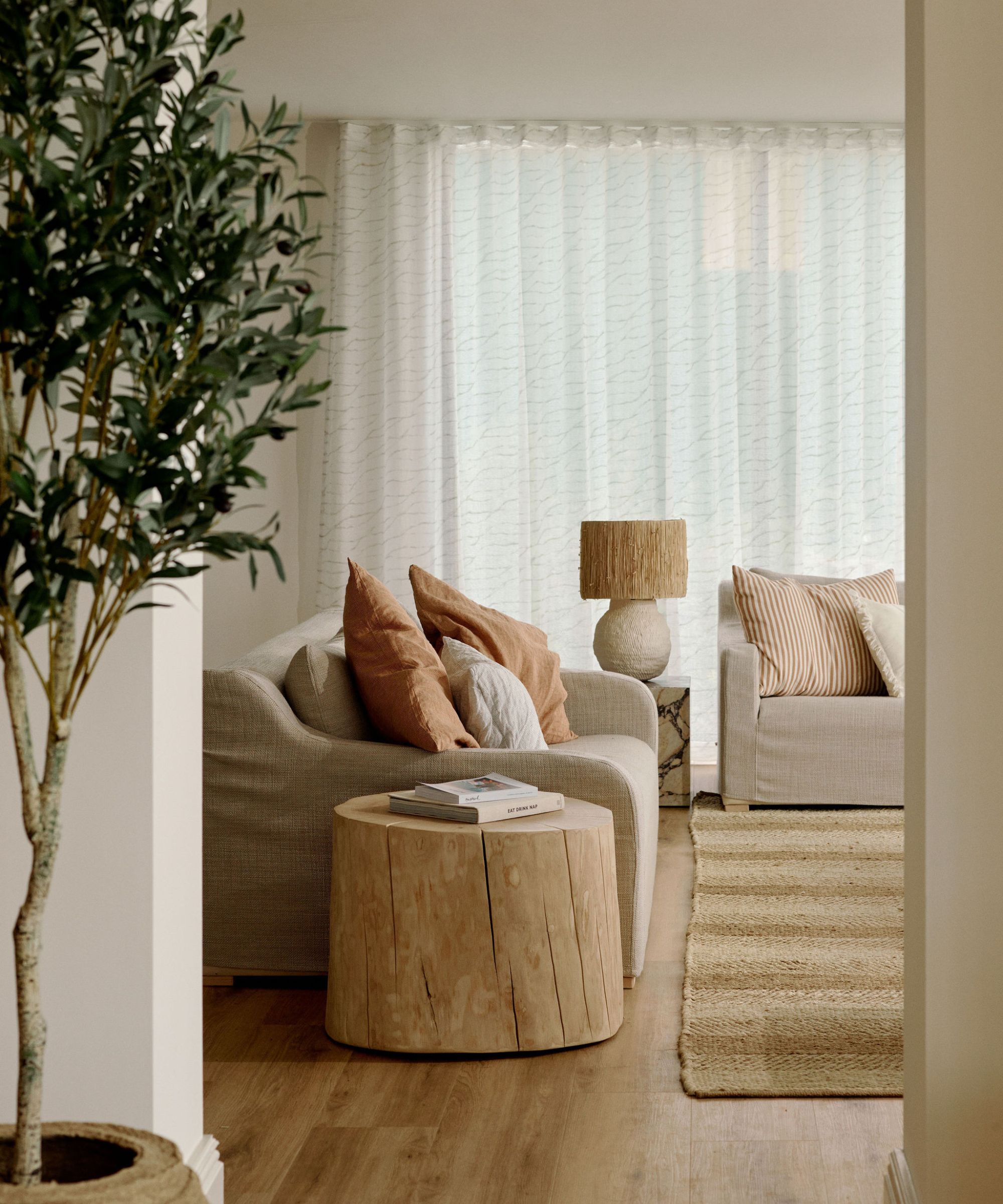
When someone is dealing with dysmorphia in any of its forms, it takes more than just breaking bad home habits to disrupt the cycle. In severe cases, it is best to work with a professional to help find coping mechanisms.
Catherine, for instance, shares, 'If I were treating someone who struggles with this, I would focus on letting go of this idea of a "perfectly clean house" and instead learning to sit with imperfection. This would involve them practicing cleaning up quickly, sitting with "good enough" and even feeling that things are a little bit dirty, and doing this repeatedly until they are able to see that imperfect cleaning is not only tolerable, but also saves time on chores and allows them to focus on things that are more important to them.'
Support from your loved ones is also essential in the healing process, Lalo adds. 'For loved ones sharing a home with someone struggling in this way, it may seem confusing, irrational, or extreme. It may be helpful to consider whether or not the unending drive to make things clean or the need to control one's environment has deeper roots in earlier experiences.'
For simpler cases, Rhonda Wilson, quality lead cleaner at FreshSpace Cleaning, suggests ending the comparison cycle can be helped by detaching yourself from online content that perpetuates negative thought patterns, reducing mental load, and encouraging free time for wellness tips.
'As a professional cleaner, I know that picture-perfect setup in social media content probably took hours to do. Content creators need to clean, set up, and film. So, my point is, don’t just acknowledge the output. Think of the behind-the-scenes effort it took. Your full-day weekend clean is very different from what creators do because they’re staging too. It’s just not meant to be compared.
'I’m not going to tell you to stop watching home content altogether, forever. Personally, I love watching them! But you must remember that your achievable cleaning routine keeps your home comfortable, while what you see online is often performance cleaning meant for the camera. Both have value, but they’re just not the same type of effort.'
What to Shop
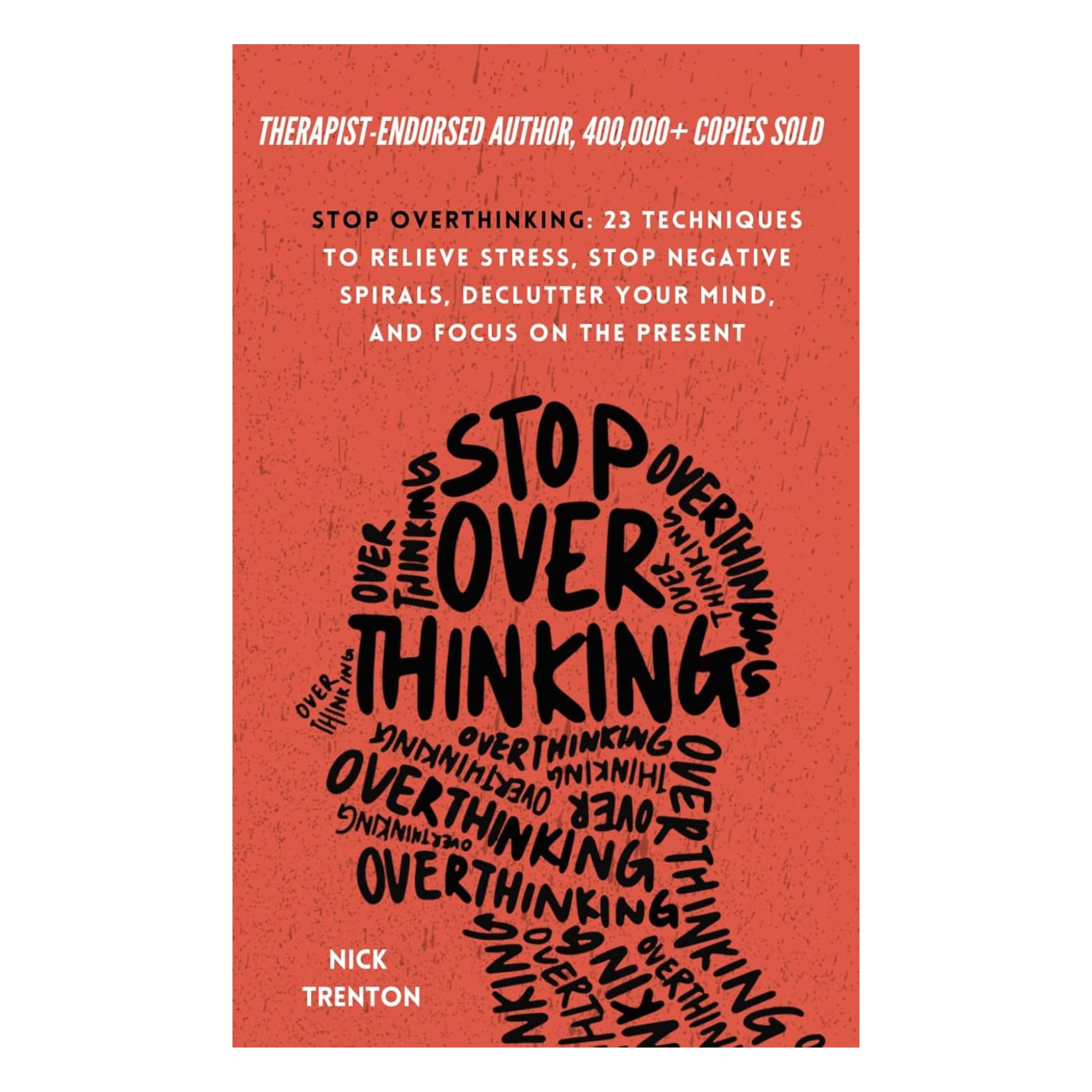
Acclaimed author Nick Trenton will walk you through the obstacles with detailed and proven techniques to help you rewire your brain, control your thoughts, and change your mental habits.
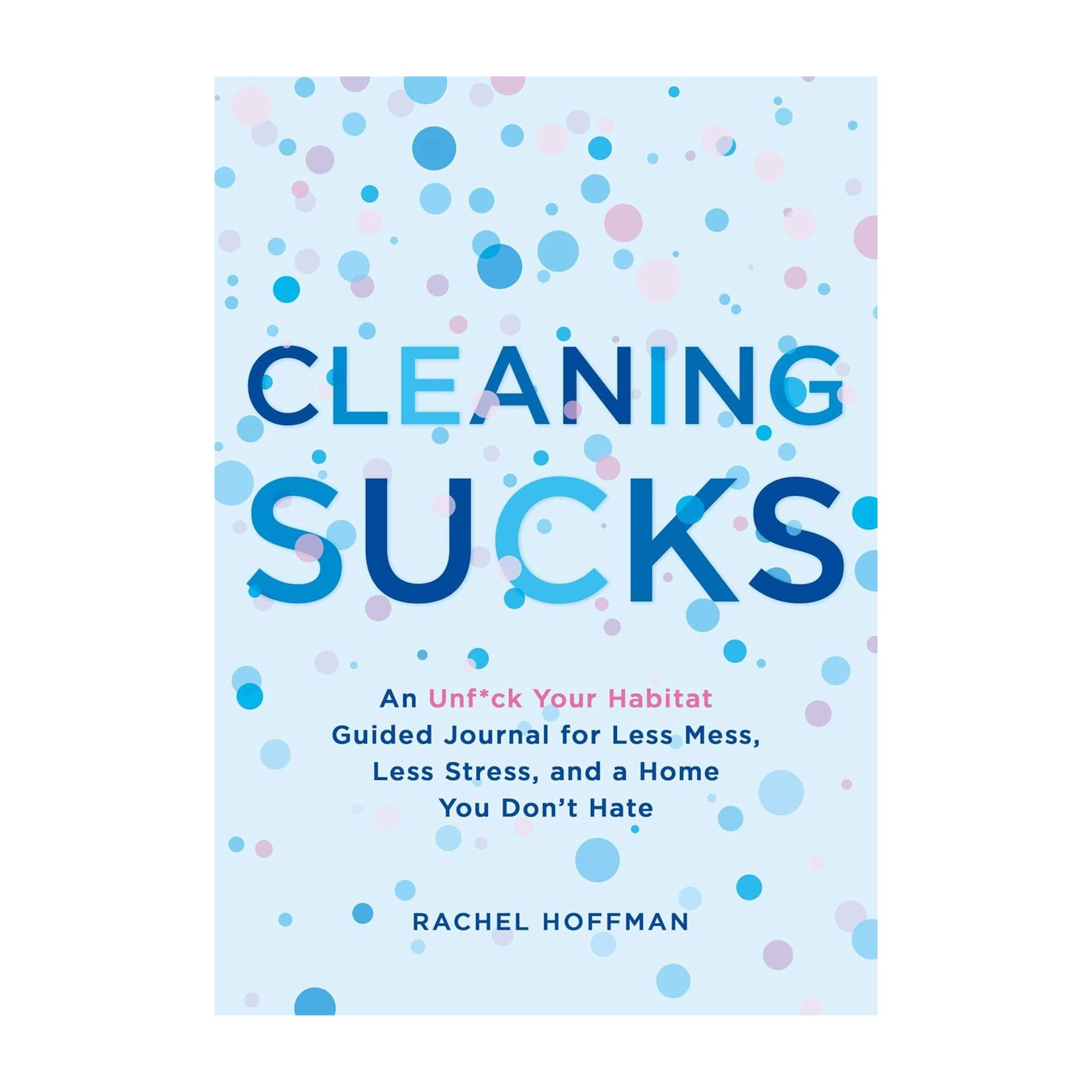
Looking to change your messy ways? This guided journal will help you explore your relationship with cleaning: why you hate it, what stands in your way, and how to make small changes that lead to big results down the road.
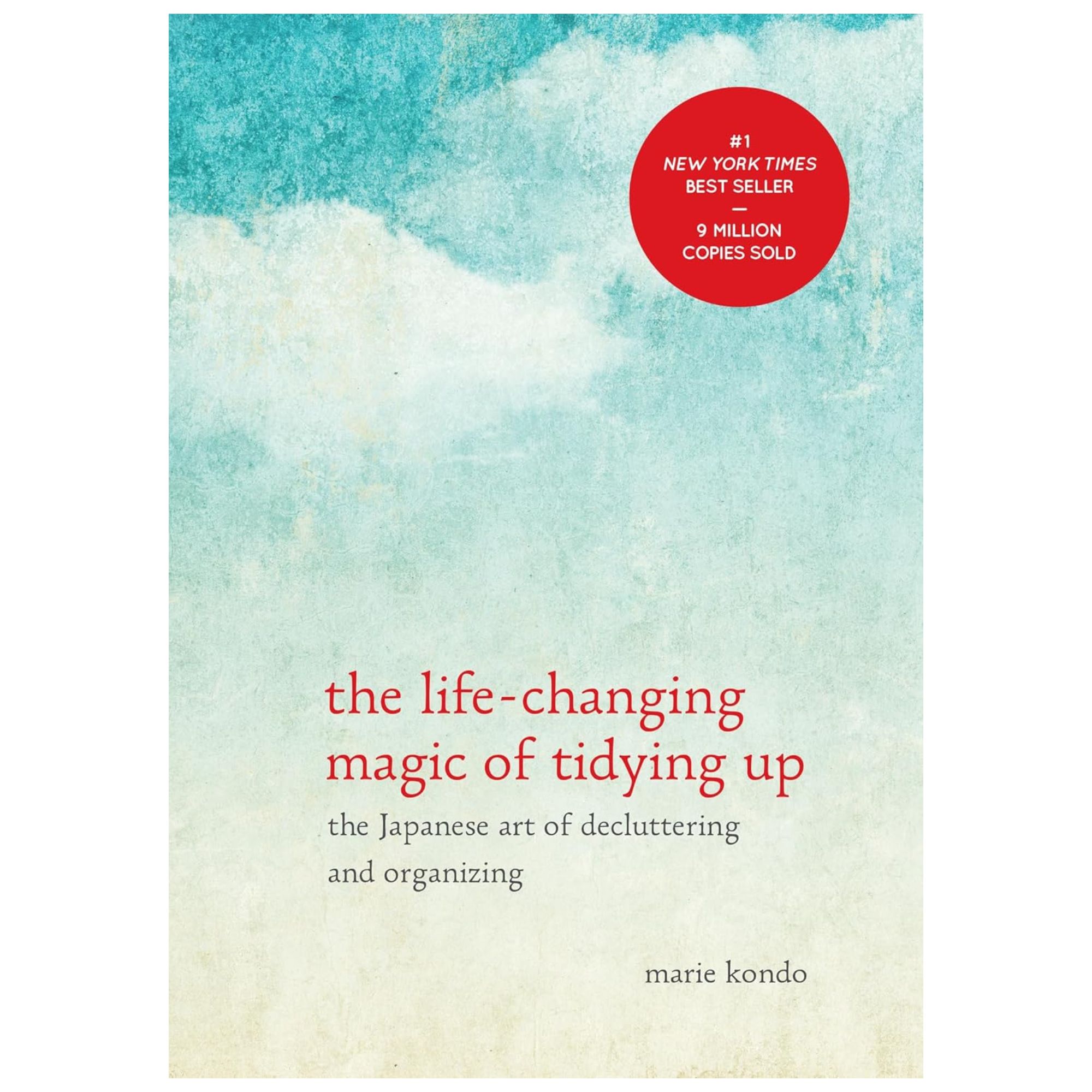
This bestselling book packs so much information into a mere 200 pages, in a readable and digestible format that's accessible to all readers of all ages to help you fall back in love and find joy in your home.
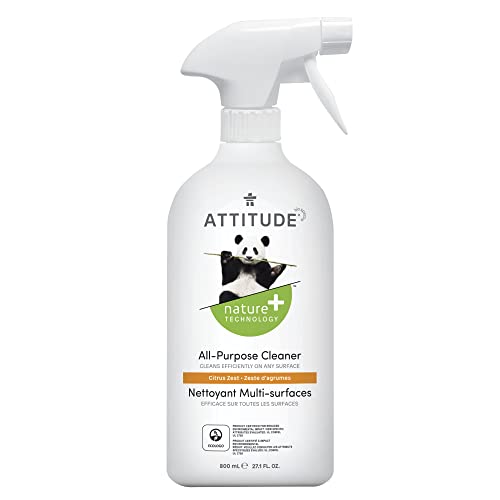
When you do clean your home, keep things simple and non-toxic to promote your physical wellness. The Environmental Working Group (EWG) has certified Attitude products as non-toxic, meaning they contain no harsh chemicals or artificial compounds.
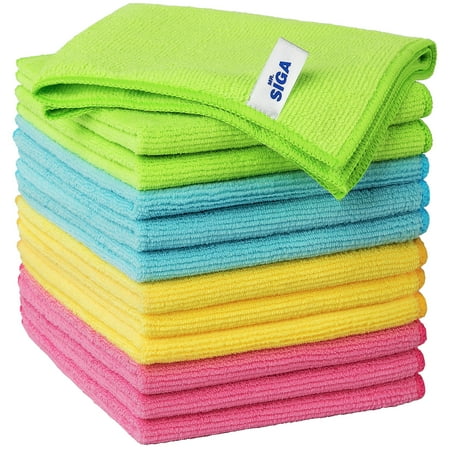
Microfiber cloths are machine washable, meaning you can reuse them for years with proper care. Simply wash after use on a warm water cycle and gentle detergent (skip the softener) to sanitize.
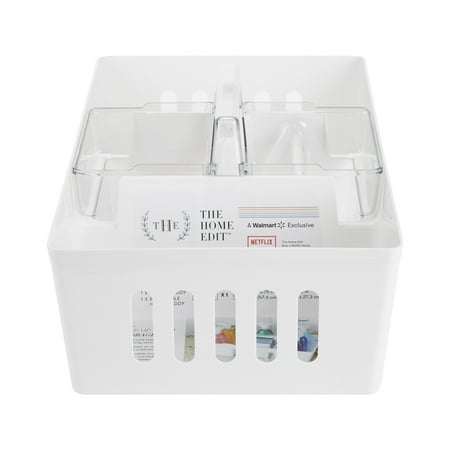
Designed to maximize under-cabinet storage, this large storage caddy comes with a removable inner caddy that can be removed and carried around for smaller tasks. It is perfect for hiding cleaning products when they are not in use to help reduce mental load and help you relax.
Meet the Experts
Constant comparison doesn't limit itself to cleaning. According to designer Breegan Jane, 'house dysmorphia' can impact the way you decorate your space, too.







